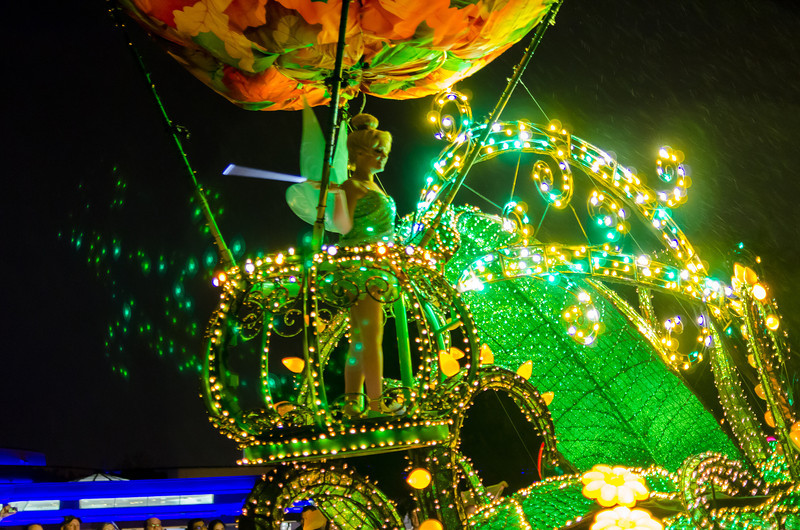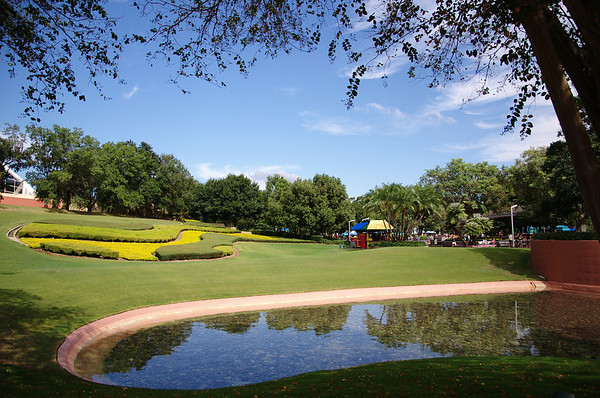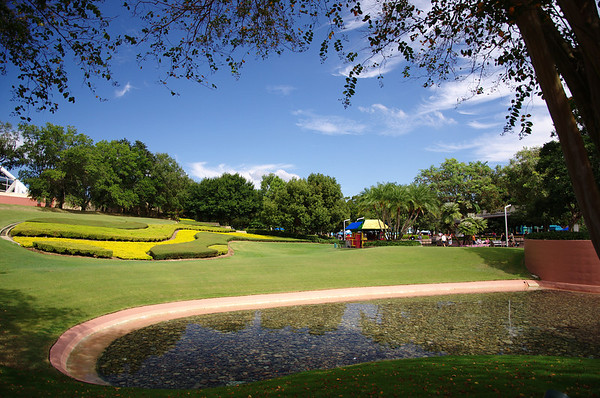Pixel Dust
It's a trap!
- Joined
- Feb 11, 2012
- Messages
- 536
Do you know if filters can be used with this type of camera? Do they just go on the end of the lens?
Filters just screw onto the front of the lens. There is threading at the front. If you got the kit that included the 18-55mm lens, then the filter size for that is 49mm.
Do not use a UV filter! These filters are from the days of film photography. Film is sensitive to UV light and would cast a bluish haze. Digital sensors have a UV filter built right on top of the sensor, so there's no benefit to adding more. In fact, adding more glass in front of the camera will degrade image quality. The image would be less sharp or have a color tint to it, especially if it's a cheap filter.
Here's an extreme filter test: http://www.lensrentals.com/blog/2011/06/good-times-with-bad-filters
If you still want a filter on the lens for protection, get a clear filter (non-UV). It's great for dusty/dirty environments. However, for the best image quality, don't use any filters. Here's an extreme example of what UV/clear filters can do. You get 'ghosting' or light bouncing between the lens and filter. The filter I was using even had coatings to "reduce reflections and ghosting". On the left side are filter reflections of light from the right side. I have stopped using UV/clear filters, altogether.

I don't always use filters, but when I do I prefer Dos... wait...
I'll use a circular polarizing filter when it's bright out. That will make the sky a deeper blue, the grass a bit greener, and remove reflections off water and other surfaces.
Without

With Circular Polarizer, notice the water.

I also use a neutral density filter for fireworks. ND filters just reduce the light, it's like sunglasses for the camera. Why does my camera wear sunglasses at night? Fireworks are super bright, so the ND filters help darken them so I can bring out more color detail than just bright white blobs.
Do not use a UV filter! These filters are from the days of film photography. Film is sensitive to UV light and would cast a bluish haze. Digital sensors have a UV filter built right on top of the sensor, so there's no benefit to adding more. In fact, adding more glass in front of the camera will degrade image quality. The image would be less sharp or have a color tint to it, especially if it's a cheap filter.
Here's an extreme filter test: http://www.lensrentals.com/blog/2011/06/good-times-with-bad-filters
If you still want a filter on the lens for protection, get a clear filter (non-UV). It's great for dusty/dirty environments. However, for the best image quality, don't use any filters. Here's an extreme example of what UV/clear filters can do. You get 'ghosting' or light bouncing between the lens and filter. The filter I was using even had coatings to "reduce reflections and ghosting". On the left side are filter reflections of light from the right side. I have stopped using UV/clear filters, altogether.

I don't always use filters, but when I do I prefer Dos... wait...
I'll use a circular polarizing filter when it's bright out. That will make the sky a deeper blue, the grass a bit greener, and remove reflections off water and other surfaces.
Without

With Circular Polarizer, notice the water.

I also use a neutral density filter for fireworks. ND filters just reduce the light, it's like sunglasses for the camera. Why does my camera wear sunglasses at night? Fireworks are super bright, so the ND filters help darken them so I can bring out more color detail than just bright white blobs.
Just wanted to drop in and say, "OH MY GOSH, FRANKLIN, YOUR PICTURES ARE FREAKIN' AWESOME!!!" I just want to sit down with him and have him explain the exposure and post-processing for every. Single. Shot!!!
Thank you so much!  I wish I had time to explain everything.
I wish I had time to explain everything.
 I wish I had time to explain everything.
I wish I had time to explain everything.





















































 after saying this, but I liked these fireworks better than Illuminations. And would rank them just below Hallowishes and Wishes on my Disney fireworks rankings.
after saying this, but I liked these fireworks better than Illuminations. And would rank them just below Hallowishes and Wishes on my Disney fireworks rankings.
